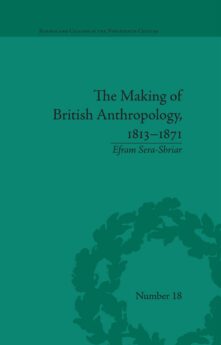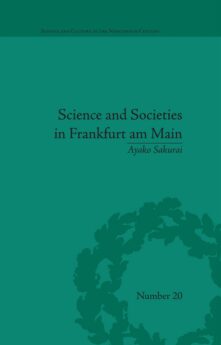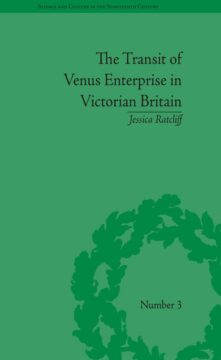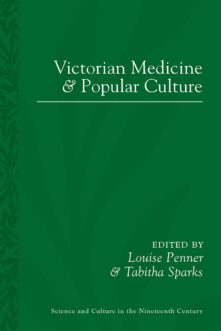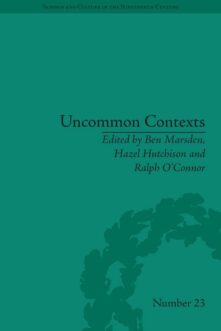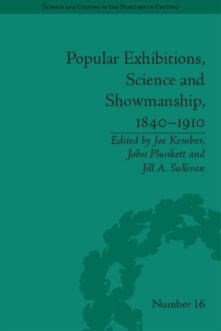Books
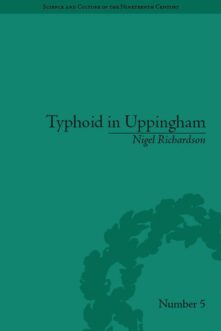
Typhoid in Uppingham
Analysis of a Victorian Town and School in Crisis, 1875–1877
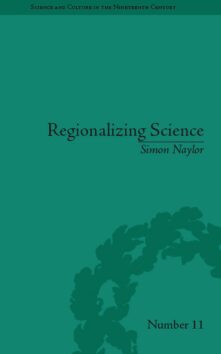
Regionalizing Science
Placing Knowledges in Victorian England
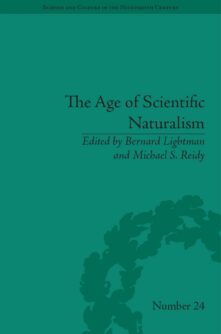
The Age of Scientific Naturalism
Tyndall and His Contemporaries
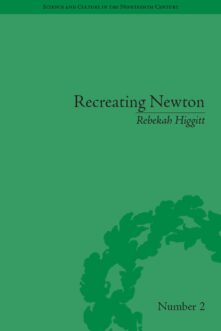
Recreating Newton
Newtonian Biography and the Making of Nineteenth-Century History of Science
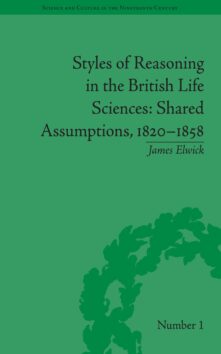
Styles of Reasoning in the British Life Sciences
Shared Assumptions, 1820–1858
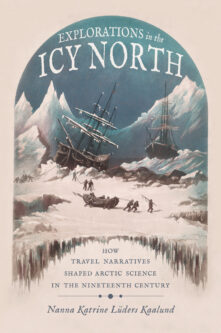
Explorations in the Icy North
How Travel Narratives Shaped Arctic Science in the Nineteenth Century
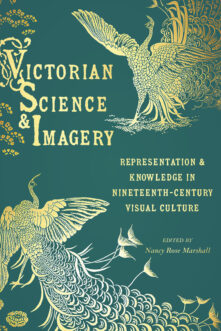
Victorian Science and Imagery
Representation and Knowledge in Nineteenth-Century Visual Culture
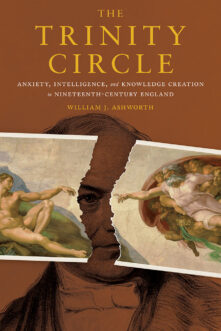
The Trinity Circle
Anxiety, Intelligence, and Knowledge Creation in Nineteenth-Century England
Total 50 results found.


